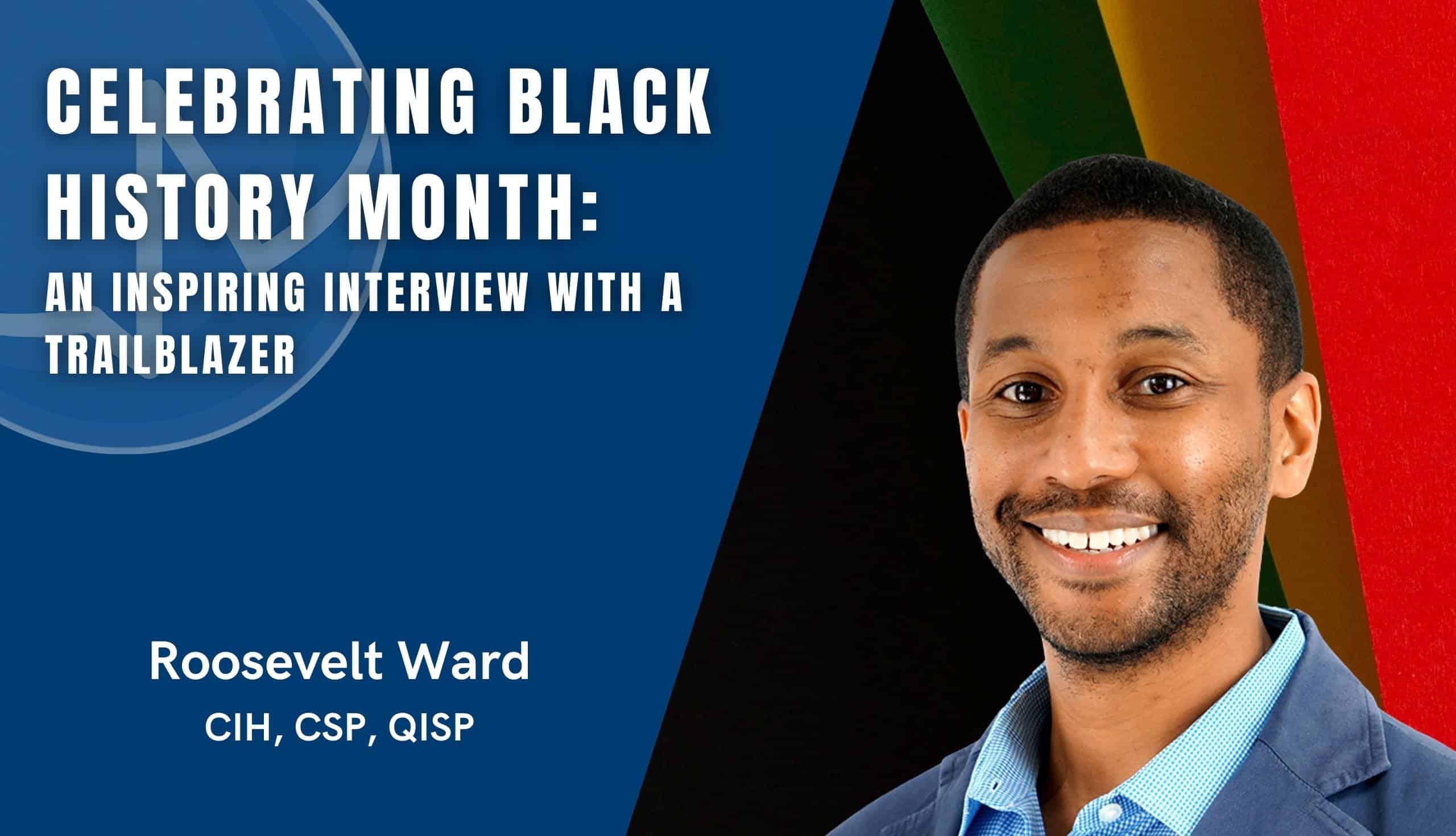
As we celebrate Black History Month, it’s an opportune time to reflect on the profound impact of African American culture, resilience, and contributions throughout history. This month serves not only as a commemoration of the struggles and triumphs of Black individuals but also as a reminder of the ongoing journey toward equality and justice. In this blog interview, we delve into the significance of Black History Month with Roosevelt Ward, our Director of Environmental Health and Safety, exploring their perspectives, experiences, and insights on the importance of honoring and recognizing Black history. Join us as we navigate through poignant narratives, historical milestones, and the enduring legacy of Black excellence.
Q: Can you discuss a lesser-known aspect of Black History that you believe deserves more recognition?
Roosevelt: There are stories and contributions from African Americans throughout history that go unrecognized, deserving discussion within the context of American History. Ranging from the attack on Black Wall Street to the architecture of Julian F. Abele, the contributions made in business, education, architecture, entertainment, politics, civil rights, sports, technology, and innovation should all be highlighted, acknowledged, and celebrated within the full context of American History
Q: Can you share a story or individual from Black history who has had a significant impact on your life?
Roosevelt: The history of William Ward, my great-great-grandfather, and the story behind his murder has had a significant impact on my life. While assisting Marcus Garvey in leading the local ‘Back to Africa Movement’ crusade, William Ward was shot in the back under undocumented circumstances, suspected due to his advocacy in the movement. Every day, I am reminded of the cost of leadership and advocacy, and the inherent danger that accompanies both. My family has borne this burden for generations, and I proudly instill in my children the values of advocacy and leadership that are ingrained in their DNA.
Q: Are there any particular events or movements from Black history that you feel resonate particularly strongly with the current social and political issues?
Roosevelt: The Civil Rights Movement of the 1960s resonates with me specifically because my parents lived through it firsthand. They recount stories of a past defined by chaos, violence, segregation, fear, anger, and courage. The rights that were fought for back then are still under attack in many aspects of today’s society. Listening to these historical accounts, I am reminded every day of the hurdles we, as a nation, have yet to overcome in 2024. While I am optimistic about the progress made since the 1960s, I am also aware that the journey toward civil rights is a long one, with the destination not necessarily mapped out on the GPS.
Q: What role do you believe education plays in ensuring that future generations are aware of an engaged with Black history?
Roosevelt: Education empowers individuals to think freely, breaking free from narratives and biases imposed by external sources. It enables them to delve into history, assess the contemporary landscape, employ critical thinking, and question ideological constructs. When individuals pursue education, they attain a deeper understanding of themselves, fostering self-esteem and a sense of self-worth rooted in their academic foundation.
As we conclude this enlightening interview, we extend our heartfelt gratitude to Roosevelt for sharing their experiences and insights. Their journey serves as a reminder of the immeasurable impact individuals can have when they dare to dream and break down barriers.
Let us use this month to celebrate the achievements of African Americans, honor their legacies, and commit ourselves to creating a future where equality and justice prevail for all.


